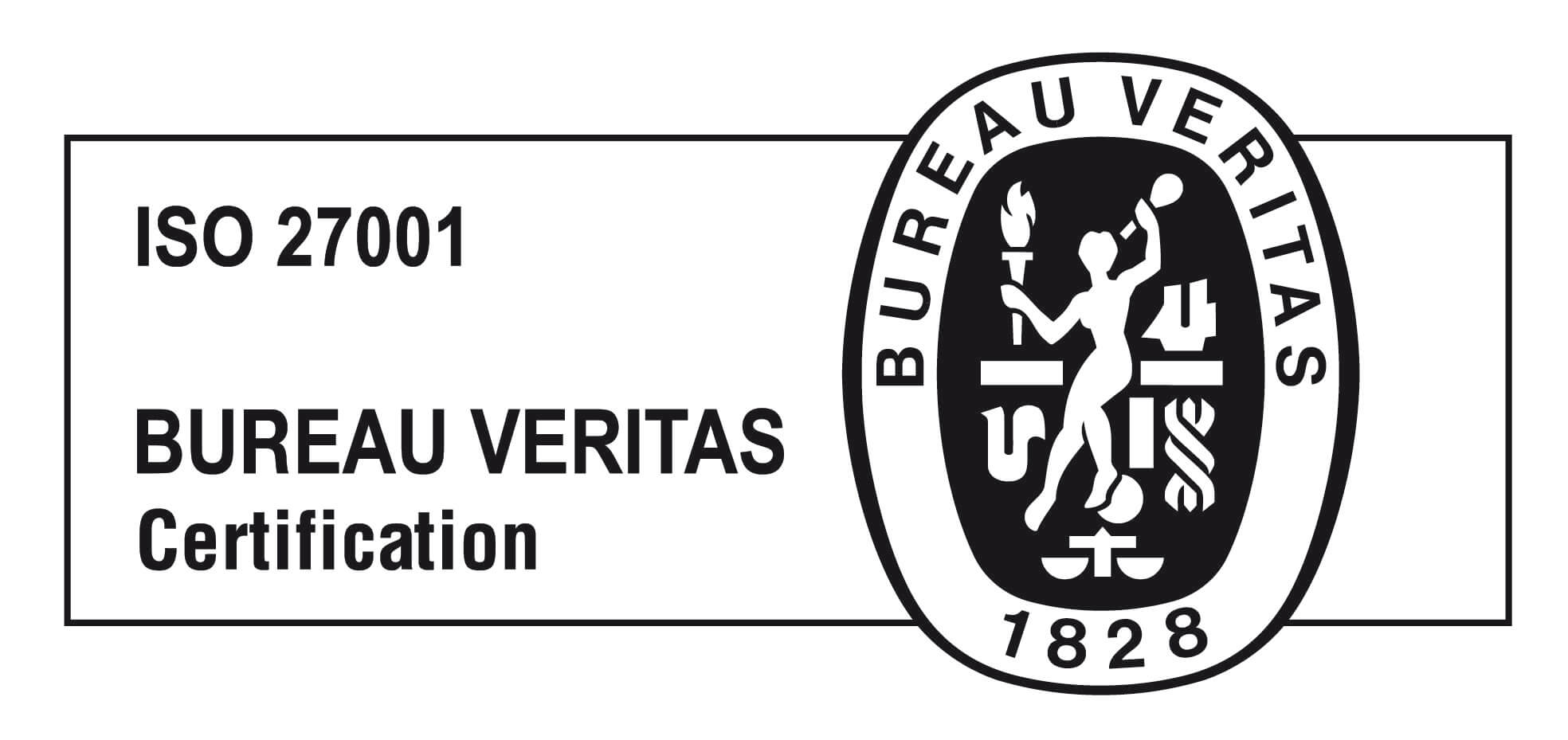Open source is more than GitHub. Every day, you find open source developers using Slack to communicate with other community members, JIRA as bug-tracking tool, Meetup for community meetings, or Jenkins for continuous integration process. Even though GitHub plays an important role , it shouldn’t be considered the holy grail of open source when measuring our projects.
Many open source team roles such as project managers, community managers or DevRel put a lot of effort and time in measuring GitHub community indicators, without taking into account other data sources. That is indeed a huge mistake when analyzing our software development, as we are just focusing on a small portion of our project and community.
Importance of aggregating different data sources
What’s more important when measuring our open source projects? Does it has to deal with the value of our code, the ideas given, or the information provided?. The answer is simple: Every contribution matters, and even though GitHub offers an infrastructure that have Issues, Pull requests, wiki and source code management, part of this activity is being done out of GitHub.
For instance, developers (or non-developers) might use mailing list instead of open an issue on GitHub to share a new idea for requesting a product change, add a new question on Stackoverflow or use Slack or IRC for daily communication.
This is a common situation for those projects that sees GitHub as the open source standard and implement it right away in their software development tools. However, we shouldn’t forget that there are other tools that offers similar things as GitHub, such as GitLab or Atlassian, tools which several open source projects are using too.

How can we measure different data sources at once?
You might know some tools that already offers simple GitHub metrics. However, as we already noticed, that’s not enough and we should measure more than one data source to have a clear vision of our projects. Then, can we measure all the different data sources that appears in our projects?
GrimoireLab is an open source toolkit provided by Bitergia which measures more than 30 different data sources (Jira, GitLab, GitHub, Slack, Meettup, etc), all of them displayed in a single dashboard. It’s composed by a set of panels that integrates different metrics with the aim to track and analyze any project activity, performance and community.
Let’s see this with a real use case. Confluent is a real time stream platform powered by Apache Kafka. The following video shows Confluent Community overview measuring Stackoverflow, GitHub and Slack.
To sum up…
Even though GitHub is already a standard when developing open source projects, we use many other tools on a daily basis. Thus, we should’t forget open source is in fact a set of different infrastructures where developers interact to contribute to projects, and all of them (not only GitHub) plays an import have to be taken into account to see the big picture of our project or community.
What do you think?









